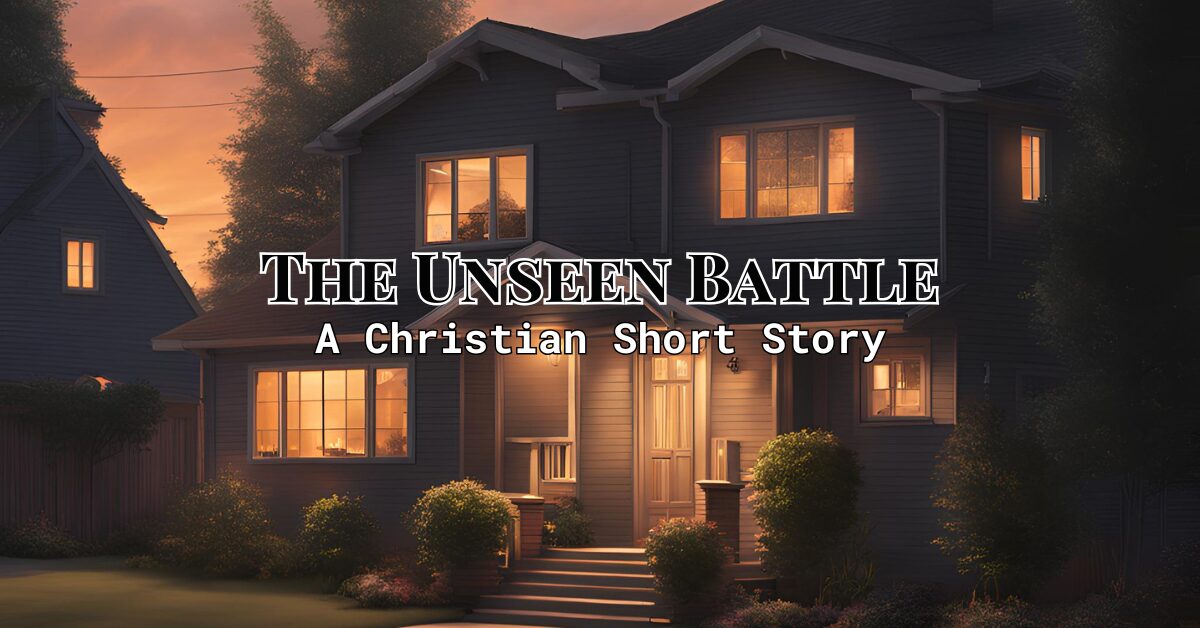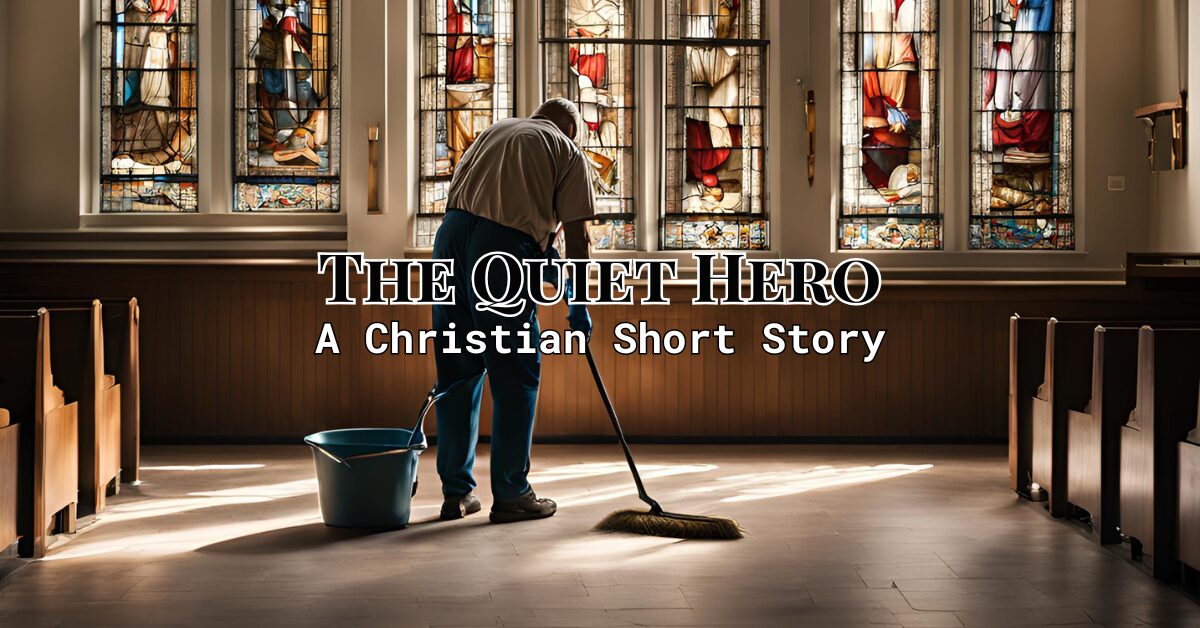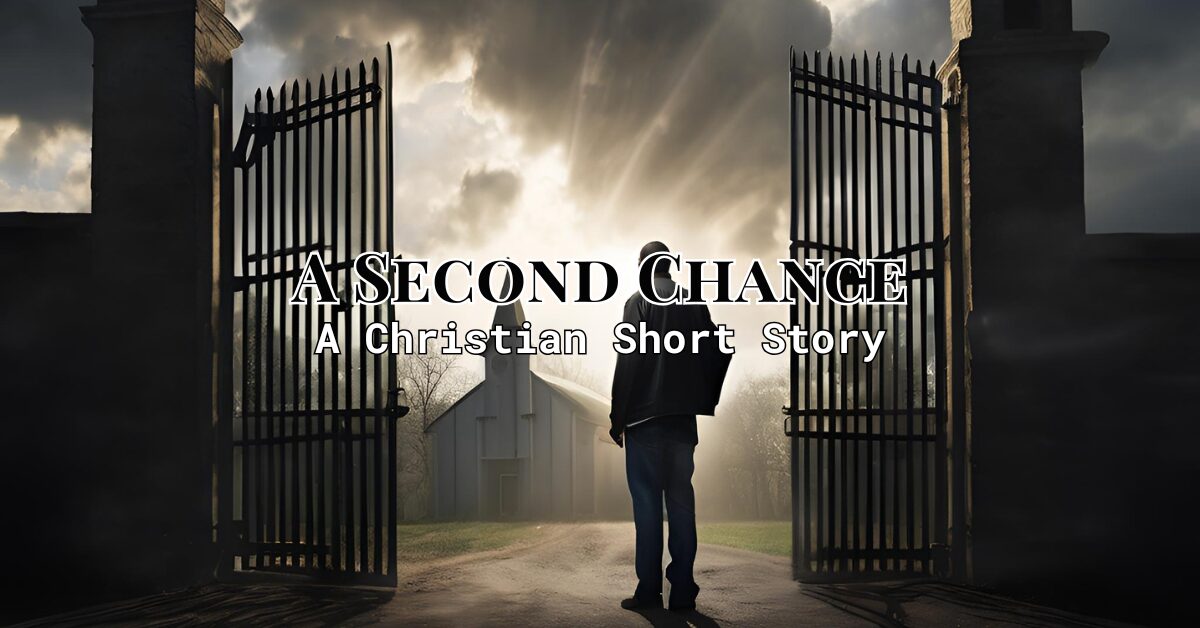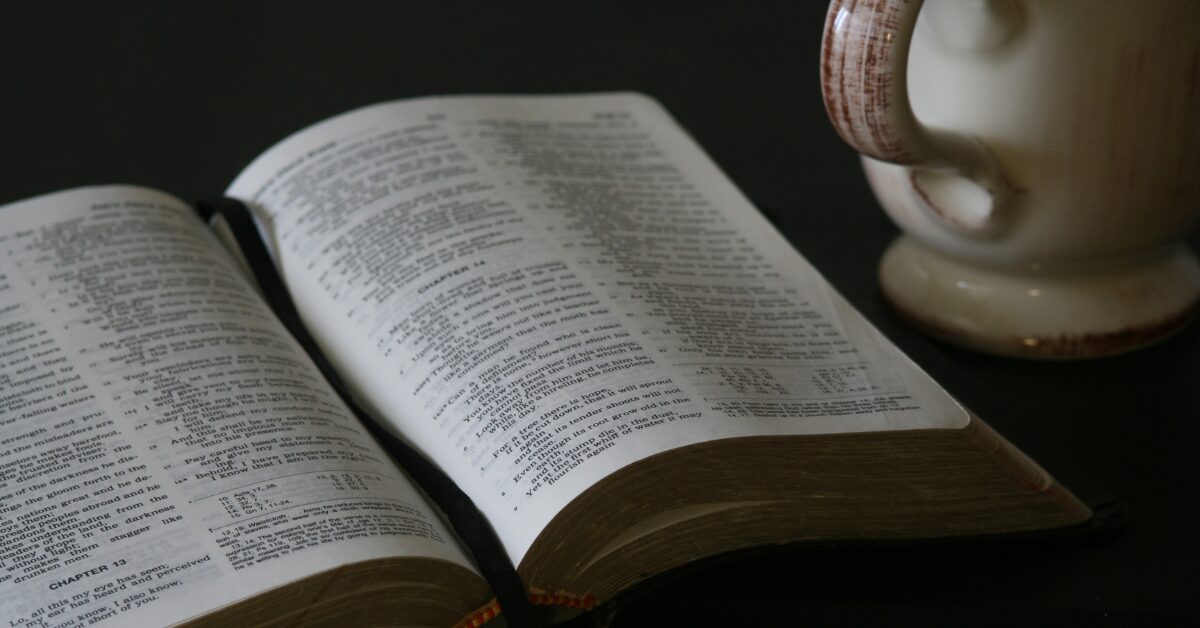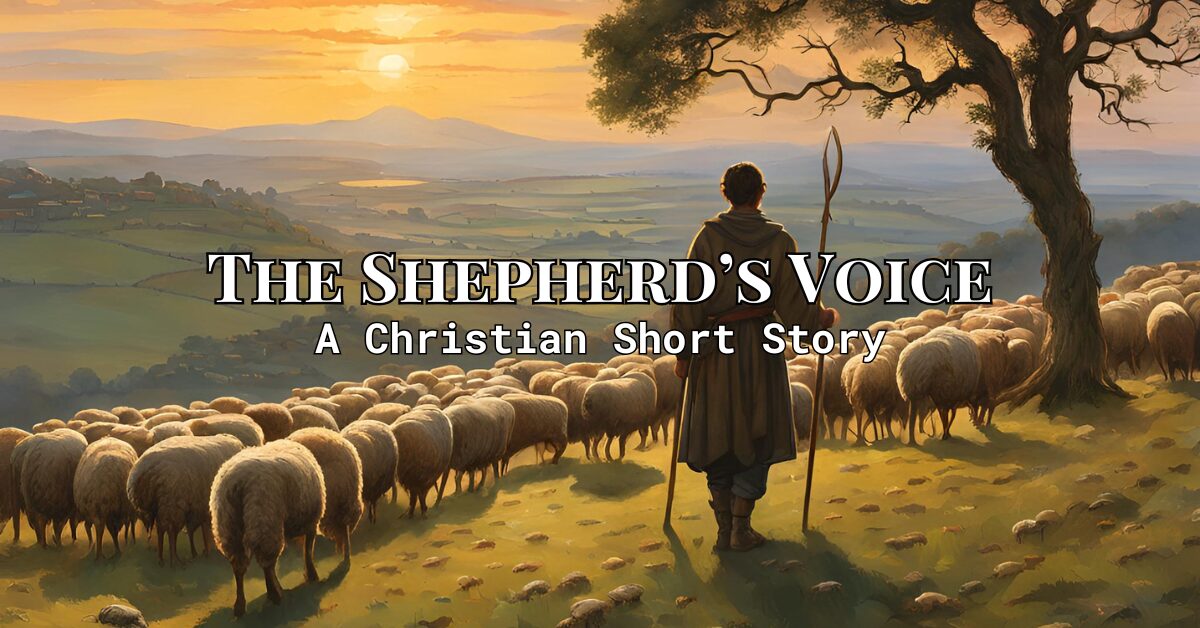In the tapestry of Jesus’ teachings, The Rich Man and Lazarus Parable stands out as a compelling narrative that delves into the stark realities of wealth, poverty, and the eternal consequences of our earthly actions. Found in Luke 16:19-31, this parable paints a vivid contrast between the opulent life of a rich man and the dire suffering of Lazarus, a poor man languishing at his gate. Through their diverging fates in the afterlife, Jesus imparts profound lessons on compassion, stewardship, and the true value of spiritual riches over material wealth.
The Rich Man and Lazarus Parable is more than just a cautionary tale about the dangers of affluence and the neglect of those in need; it is a deep theological exploration of justice, mercy, and the irreversible choices that shape our eternal destiny. It challenges us to reflect on our own lives, our attitudes towards wealth and poverty, and our responsibility towards our fellow human beings.
As we delve into The Rich Man and Lazarus Parable, we are invited to examine the depth of our empathy, the authenticity of our faith, and the implications of our lifestyle choices. This parable urges us not only to reconsider how we engage with the less fortunate but also to contemplate the legacy we wish to leave in this world and the next.
Join us as we unpack the rich layers of meaning within The Rich Man and Lazarus Parable, seeking to draw out its practical applications for our daily lives. Through this exploration, we hope to uncover the transformative power of living a life that prioritizes true spiritual wealth and embodies the compassionate heart of the Gospel.
Also Read: Parable of Jesus: The Shrewd Manager
Parable of Jesus Christ: The Rich Man and Lazarus
The Rich Man and Lazarus Parable, Luke chapter 16, verses 19-31 (WEB):
“19 Now there was a certain rich man, and he was clothed in purple and fine linen, living in luxury every day. 20 A certain beggar, named Lazarus, was laid at his gate, full of sores, 21 and desiring to be fed with the crumbs that fell from the rich man’s table. Moreover, the dogs came and licked his sores. 22 It happened that the beggar died, and that he was carried away by the angels to Abraham’s bosom. The rich man also died, and was buried.
23 In Hades, he lifted up his eyes, being in torment, and saw Abraham far off, and Lazarus at his bosom. 24 He cried and said, ‘Father Abraham, have mercy on me, and send Lazarus, that he may dip the tip of his finger in water and cool my tongue, for I am in anguish in this flame.’ 25 But Abraham said, ‘Son, remember that you, in your lifetime, received your good things, and Lazarus, in like manner, bad things. But now here he is comforted and you are in anguish. 26 Besides all this, between us and you there is a great gulf fixed, so that those who would want to pass from here to you cannot, neither can those from there pass to us.’
27 He said, ‘I beg you therefore, father, that you would send him to my father’s house; 28 for I have five brothers, that he may testify to them, so that they won’t also come into this place of torment.’ 29 But Abraham said to him, ‘They have Moses and the prophets. Let them listen to them.’ 30 He said, ‘No, father Abraham, but if one goes to them from the dead, they will repent.’ 31 He said to him, ‘If they don’t listen to Moses and the prophets, neither will they be persuaded if one rises from the dead.’”
This parable, often referred to as the Parable of the Rich Man and Lazarus, explores themes of wealth, the afterlife, and the consequences of ignoring the needs of the poor and suffering.
Also Read: The 45 Parables of Jesus
Interpretation of The Rich Man and Lazarus Parable

The Rich Man and Lazarus Parable, as recounted in Luke 16:19-31, presents a compelling narrative that delves into the consequences of our earthly actions and their impact on our eternal destinies. Through the contrasting fates of a wealthy man and a destitute beggar named Lazarus, Jesus imparts profound lessons on compassion, justice, and the afterlife. Let’s explore the deeper meanings behind The Rich Man and Lazarus Parable.
The Contrast of Earthly Lives
Wealth and Indifference: The rich man, adorned in luxury and living in excess, represents a life consumed by wealth and self-indulgence. His indifference to Lazarus’ suffering, lying at his gate, underscores a neglect of compassion and justice for the less fortunate. The parable critiques not wealth itself but the failure to use one’s resources to alleviate the pain of others.
Suffering and Neglect: Lazarus, covered in sores and longing for scraps, embodies the plight of the marginalized and overlooked in society. Despite his earthly suffering, Lazarus is comforted in the afterlife, highlighting the reversal of fortunes that awaits those who endure hardship with faith.
The Realities of the Afterlife
Eternal Repercussions: The starkly different fates of the rich man and Lazarus in the afterlife serve as a powerful reminder of the eternal repercussions of our earthly behaviors. The comfort Lazarus receives contrasts with the rich man’s torment, illustrating the divine justice that corrects worldly injustices.
The Great Chasm: The insurmountable divide between the realms of comfort and torment symbolizes the finality of one’s eternal destiny based on their earthly actions and attitudes. It emphasizes the urgency of repentance and righteousness during one’s lifetime.
The Call to Heed Divine Warnings
Unheeded Warnings: The rich man’s plea for Lazarus to warn his brothers signifies the human tendency to ignore spiritual truths until faced with irreversible consequences. Abraham’s response—that they have Moses and the prophets—underscores the sufficiency of Scripture as a guide to righteous living and the importance of heeding its warnings.
The Hardness of Heart: The assertion that even someone rising from the dead would not convince the rich man’s brothers points to the hardness of heart that can blind individuals to spiritual truths. This aspect of The Rich Man and Lazarus Parable serves as a caution against allowing wealth, comfort, or skepticism to make us impervious to divine truth and compassion.
The Rich Man and Lazarus Parable is a poignant exploration of the consequences of our choices, especially regarding wealth, compassion, and justice. It calls us to live lives marked by generosity, to pay heed to the divine guidance available to us, and to be mindful of the eternal impact of our earthly conduct. Through this parable, Jesus invites us to reflect deeply on our priorities, urging us to align them with the values of the Kingdom of God, where justice, mercy, and compassion reign supreme.
Also read: Parable of Jesus: The Prodigal Son
Practical Application of The Rich Man and Lazarus Parable in Our Daily Lives

How can you apply The Rich Man and Lazarus Parable in practically in your daily life? Let’s find out.
The Rich Man and Lazarus Parable is not merely a cautionary tale about the afterlife; it offers profound insights into how we should live our lives today. Through its vivid depiction of the consequences of our earthly actions, this parable encourages us to reflect on our attitudes towards wealth, compassion, and spiritual awareness. Here’s how we can apply the lessons from The Rich Man and Lazarus Parable to our daily lives.
Cultivating Compassion and Generosity
Mindfulness of Others’ Needs: The parable starkly illustrates the rich man’s indifference to Lazarus’s suffering. In our lives, this calls us to be acutely aware of the needs around us and to take action. Whether it’s through volunteering, charitable giving, or simple acts of kindness, we’re encouraged to look beyond our comfort to alleviate the suffering of others.
Using Resources to Serve: The contrast between the rich man’s lavish lifestyle and Lazarus’s destitution prompts us to consider how we use our resources. The practical application involves evaluating our spending, saving, and giving habits to ensure we’re using our wealth not just for personal gain but to benefit others, reflecting a life of generosity.
Fostering Spiritual Depth
Heeding Spiritual Warnings: Abraham’s response to the rich man emphasizes the importance of listening to spiritual teachings and warnings. Practically, this means engaging with Scripture, reflecting on its teachings, and applying its wisdom to our lives. It’s about taking to heart the lessons from Moses and the prophets — or, in a broader sense, the entire Bible — to guide our actions and decisions.
Prioritizing Eternal Values: The parable’s depiction of eternal destinies highlights the importance of living with an eternal perspective. This involves valuing spiritual growth, cultivating virtues like humility and love, and investing in relationships and activities that have lasting significance beyond our earthly existence.
Engaging in Reflective Self-Examination
Assessing Our Lives: The fate of the rich man serves as a sobering reminder to regularly assess our spiritual health and our attitudes toward wealth and poverty. It encourages a practice of self-examination, asking ourselves if we’re living in a way that’s aligned with Jesus’ teachings on compassion, justice, and humility.
Embracing Repentance and Change: The parable underscores the necessity of repentance — a turning away from self-centeredness and indifference towards a life marked by love and service. Practically, this means being willing to change our attitudes and actions in response to the convictions we experience through prayer, Scripture, and the Holy Spirit’s prompting.
Living as Agents of Reconciliation
Building Bridges: The great chasm described in the parable reminds us of the divides that can exist between individuals and communities. In response, we’re called to be agents of reconciliation, working to bridge gaps of understanding, inequality, and estrangement through our words, actions, and advocacy.
Promoting Social Justice: Finally, The Rich Man and Lazarus Parable inspires us to engage in social justice efforts, addressing systemic issues that perpetuate poverty and suffering. By advocating for policies and practices that uplift the marginalized, we participate in the kingdom work of restoring God’s intended shalom to the world.
The Rich Man and Lazarus Parable calls us to a life of deep compassion, generous stewardship, spiritual attentiveness, and active engagement in the world’s needs. By applying its lessons, we not only prepare for our eternal destiny but also contribute to a more just, loving, and compassionate world here and now. Let this parable inspire us to live each day with purpose, guided by the values of the Kingdom of God and committed to making a tangible difference in the lives of those around us.
Conclusion

As we conclude our exploration of The Rich Man and Lazarus Parable, we are left with profound insights into the nature of compassion, the reality of the afterlife, and the importance of living a life attuned to the needs of others. This parable serves as a stark reminder that our actions and choices have lasting consequences, extending far beyond our earthly existence into eternity.
The Rich Man and Lazarus Parable challenges us to examine our priorities and the manner in which we navigate our wealth and resources. It calls into question the ease with which we can become indifferent to the suffering around us, urging us to open our eyes to the Lazaruses at our gates. Through this narrative, Jesus emphasizes that true riches lie not in material wealth but in our capacity to love, serve, and uplift those in need.
Moreover, The Rich Man and Lazarus Parable underscores the urgency of heeding God’s word and the messages of the prophets, which guide us toward righteousness and away from the complacency that can harden our hearts. It invites us to cultivate a lifestyle marked by generosity, empathy, and spiritual awareness, ensuring that we are not only prepared for the life to come but also making a positive impact in the here and now.
In reflecting on The Rich Man and Lazarus Parable, let us commit to a deeper engagement with our communities, a renewed focus on spiritual growth, and a dedication to living out the values of the Kingdom of God. May this parable inspire us to act justly, love mercy, and walk humbly with our God, mindful of the eternal implications of our daily decisions.
Read the Next: Parable of Jesus: The Workers in the Vineyard


